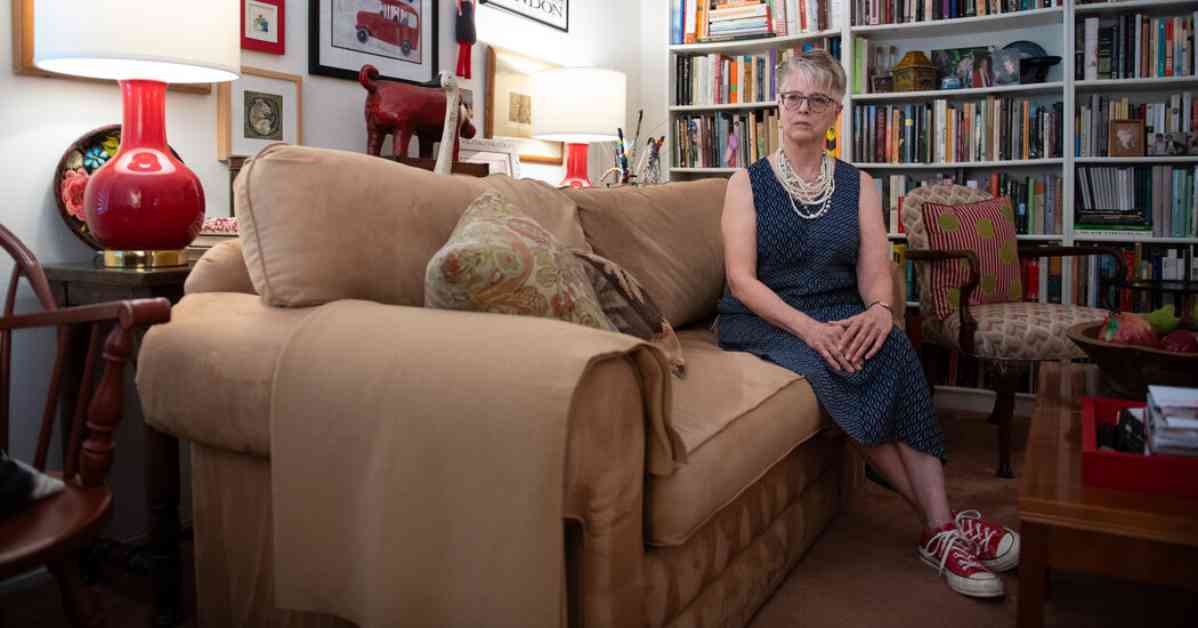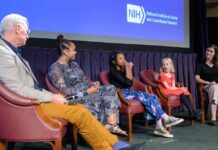Beverly K. Brandt, a retired professor in Arizona, shared her experience of taking care of her stepfather after her mother passed away. She recalled the day when a colleague questioned her decision to care for her stepfather, pointing out that he was not a blood relative and she had no obligations to him.
However, Dr. Brandt was taken aback by the question, as she had a close relationship with her stepfather since he came into her life when she was just 8 years old. He had been a loving and supportive figure, providing her with guidance, education, and mentorship throughout her life.
This situation highlights a common issue faced by many adult children in stepfamilies when it comes to caring for aging stepparents. Studies show that adult children are less likely to assist aging stepparents compared to biological parents, creating a growing “step gap” in senior care.
The dynamics of stepfamilies can often complicate the caregiving process. Stepchildren may feel less of a sense of responsibility or obligation towards their stepparents, especially if they did not have a close relationship with them growing up.
Experts in elder care are concerned about the challenges that stepfamilies face when it comes to providing care for aging loved ones. It is essential for families to have open and honest conversations about caregiving responsibilities and expectations, regardless of biological relationships.
In Dr. Brandt’s case, her deep connection with her stepfather motivated her to take on the role of caregiver, despite the lack of a biological bond. Her experience serves as a reminder that caregiving is not solely based on blood relations, but on the love and support that one has received throughout their life.
Navigating elder care in stepfamilies requires understanding, communication, and empathy from all parties involved. By recognizing the unique dynamics of stepfamilies and addressing any challenges that may arise, families can work together to ensure that their aging loved ones receive the care and support they need in their later years.

















